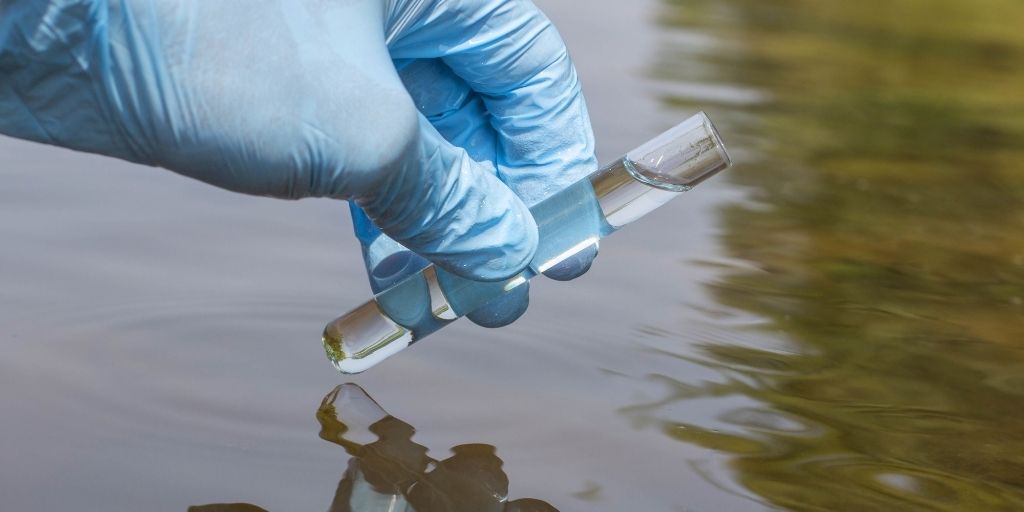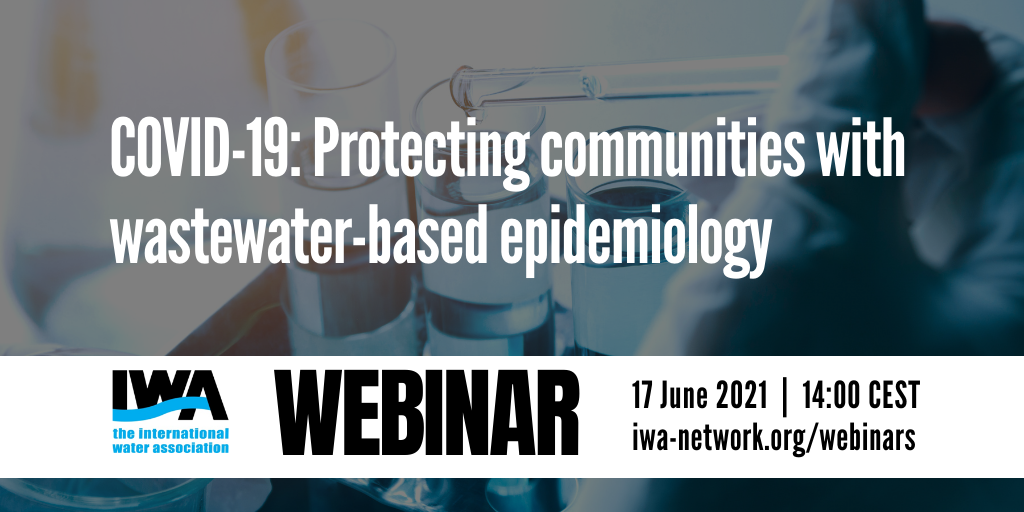
An effective early warning tool is of great administrative and social significance to the containment of an epidemic. The progression of infectious diseases can be considerably hampered if early-stage interventions are taken, saving lives as well as minimizing social and economic disruption.
As humanity faces COVID-19, one of the biggest global public health crises in recent decades, wastewater-based epidemiology (WBE) has been given high expectations as a promising surveillance tool complement to clinical testing which had been plagued by the turnaround time and limited capacity. Particularly, several recent case reports have highlighted the role WBE may play not only at the community-level but also at the facility-level in issuing early warning to prevent local outbreaks.
In this webinar, four case reports will be presented to share with interested viewers the basics of the concept, benefits and critical points, lessons learned from real-life applications, and the unsolved challenges faced by the scientific community.
Participants should have some knowledge of microbiology, public health and related disciplines, and an understanding of how to get epidemiology-related data from wastewater and environmental water monitoring.
